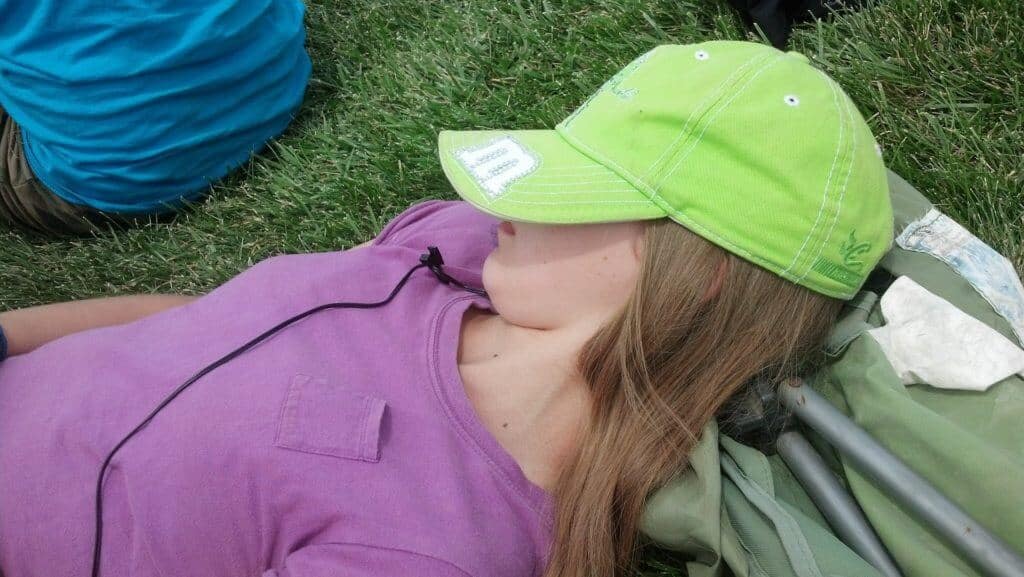
Introduction
Daniel Zeichner (Labour MP) introduced a debate in the house of commons following an e-petition challenging secondary school opening hours. (House of Commons, Westminster Hall debate, 11 February 2019). The petition had called on the Government to require secondary schools to start at 10am because pupils were tired due to having to wake up early to get to school.
Starting Later in The Day
Mr Zeichner said that many studies across the world had suggested that a later start time may have a positive impact on pupils. But he added that some reviews had found more mixed results, and some had raised concerns about the quality of evidence. But Mr Zeichner pointed out that most research called for a delayed school start time to improve sleep. He said that sleep was the “strongest predictor of wellbeing among teenagers”, according to Russell Viner, professor of adolescent health at University College London.
Mr Zeichner pointed out that the proposed change would affect not just children and parents but teachers. Many of whom already worked very long hours. He added that the change could also cause complications for families with children at both primary and secondary school. And it may also impact after-school extracurricular activities, particularly in winter.
Children Sleeping Less and Developing More Sleep Disorders
Mike Kane (Labour MP) said that children across the world were sleeping less. In the UK the NHS reported seeing more serious sleep problems. The number of children under 14 with sleep disorders has also tripled over the past 10 years. Mr Kane highlighted that British schoolchildren were the sixth most sleep-deprived in the world. Although American children topped the rankings. Mr Kane argued that the petition merited proper consideration by the Department for Education. In particular the underlying challenges faced by teenagers and the ability of schools and teachers to support them while facing sustained budget cuts and increasing workloads.
Insufficient Evidence
The Minister for School Standards, Nick Gibb (Conservative MP) said that there was insufficient evidence to suggest that allowing teenagers to start school at 10 am across the board would necessarily be beneficial. He argued that a timely start to the school day in secondary school helped to prepare pupils to enter the workplace after they left school. The minister added that the situation would also present problems for working families, particularly those where both spouses were working. He acknowledged that there was broad, though not universal, agreement that teenagers generally needed more sleep than they currently got.
Mr Gibb said that research conducted in 2017 found that delaying school start times would be unlikely to reduce sleep deprivation in teenagers. Mr Gibb said that turning down the lights in the evening would be much more effective at tackling sleep deprivation. He concluded that schools were best placed to make a decision on whether to change the content, structure and duration of their school day. This would allow schools to get the best outcomes for their pupils, as they knew the individual circumstances of their pupils and of the local area.
Summary
Undeniably adequate sleep is essential for wellbeing, and therefore learning. It is in the best interest of schools to investigate how to structure the school day. This would ensure that students are in the best possible condition for learning. Other factors also need balancing such as parental working hours, preparation for the workplace and teaching staff working conditions. Whether starting school at 8:00, 9:00 or 10:00am what is clear from this article is that our students are developing poor sleeping habits. Sleeping habits need to be addressed and improved in order to maximise students wellbeing and learning.


Responses